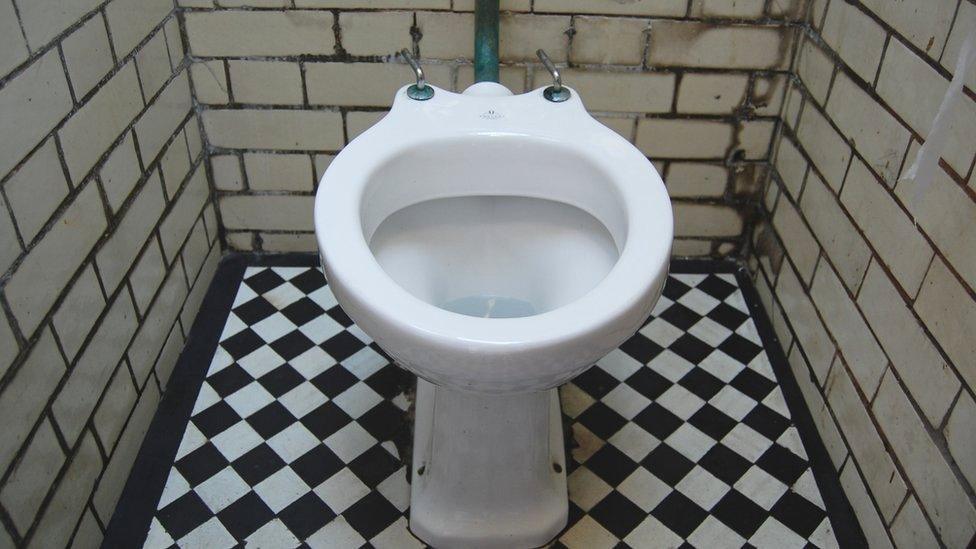Public toilets: Older people avoid drinking over lack of loos
- Published
The closure of loos opposite Maesteg bus station, Bridgend county, is a big concern for some
Older people say they are intentionally dehydrating themselves or not leaving the house because of a lack of public toilets.
Wales Senior Forum said many toilets had shut or become less accessible since the Covid pandemic.
Its chairman Gareth Parsons called on the Welsh government to provide specific funding for public loos.
The Welsh government said it has introduced legislation to improve public toilet accessibility.
The toilets opposite the bus station in Maesteg, Bridgend county, were closed recently.
Ken Hunt, 75, who had prostate cancer and needs to use the bathroom more regularly, said the closures were "terrible".
"From my experience as a child there were toilets everywhere. It's ridiculous and a big health concern," he said.
"I've got to wear pads and I've got to change them four times a day whether there are toilets or not.
"That's not just me. I am speaking for everyone. A baby can't go round in a pram wet all day can they."
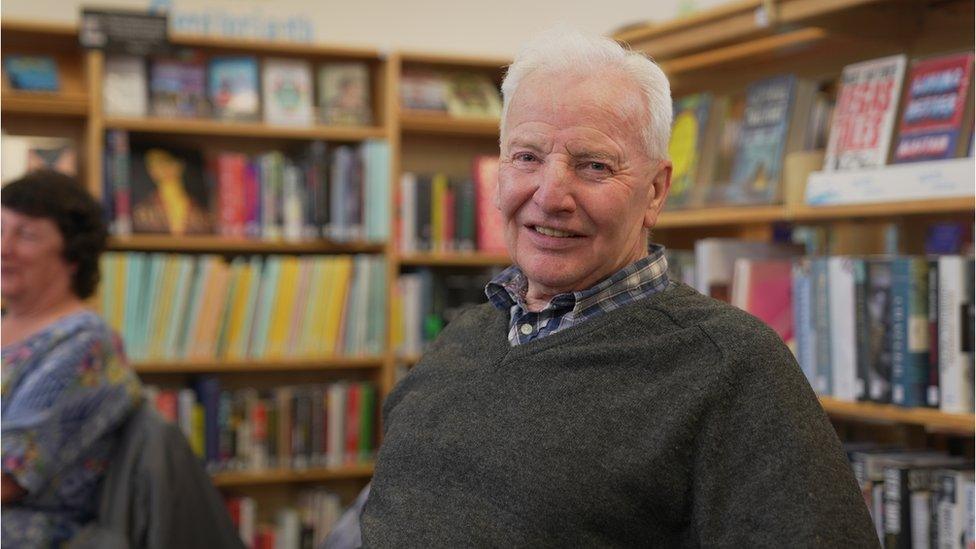
Ken, 75, has recovered from prostate cancer and says the lack of facilities is a health concern
Martin Carroll, 75, said he had stopped drinking sometimes two hours before leaving the house.
"It's very difficult. Before you go out you need to think about where you are going to go, where you are going to be in town, will there be the chance to use the toilet in a café of not?
"You end up thinking 'do you want to go?' Sometimes you just choose to stay home instead because there is no pleasure in being constantly worried about it."
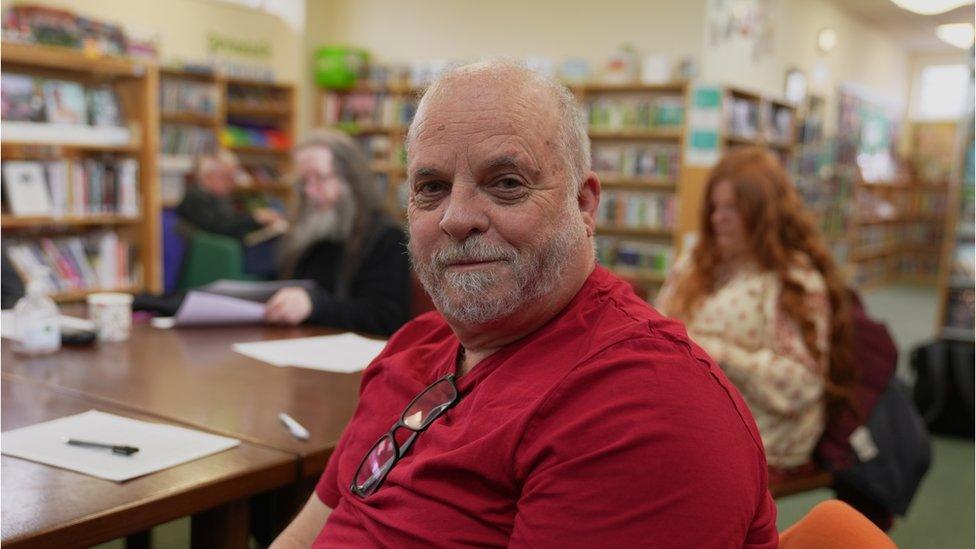
Paul Wines says a friend at a funeral had to go across town to the local pub to use a bathroom
Paul Wines said the problem had got a lot worse since the Covid pandemic.
"I was in a funeral the other week and a gentleman needed the toilet and he ended up having to go to Wetherspoons which is halfway around the town."
Bridgend council said it did not take the decision easily but toilets were being vandalised regularly and defaced with faeces.
It said it was looking at other options for residents.
Are there fewer toilets now?
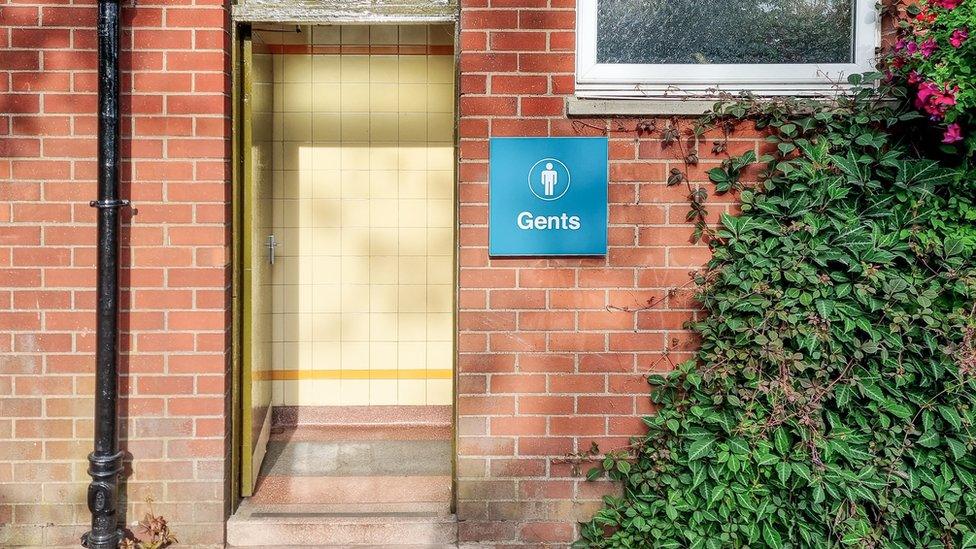
Wales Senior Forum and Age Cymru say the Covid pandemic saw many toilets never open again
Local authorities do not have to provide public toilets, but the Public Health (Wales) Act 2017 requires them to develop and regularly update a local toilets strategy for its area.
Bridgend council states on its website it has 26 public toilets, but 23 were temporarily closed.
The local authorities areas with the most public toilets were Gwynedd and Pembrokeshire, with 61 each.
Blaenau Gwent council said it did not have any public loos.
Several councils said retail and hospitality toilets are also usually open to the public.
There is an online map, external produced by the Welsh government, but Mr Parsons said it was not very "user friendly".
The Welsh government and most councils said they did not have year-on-year data for public toilets.
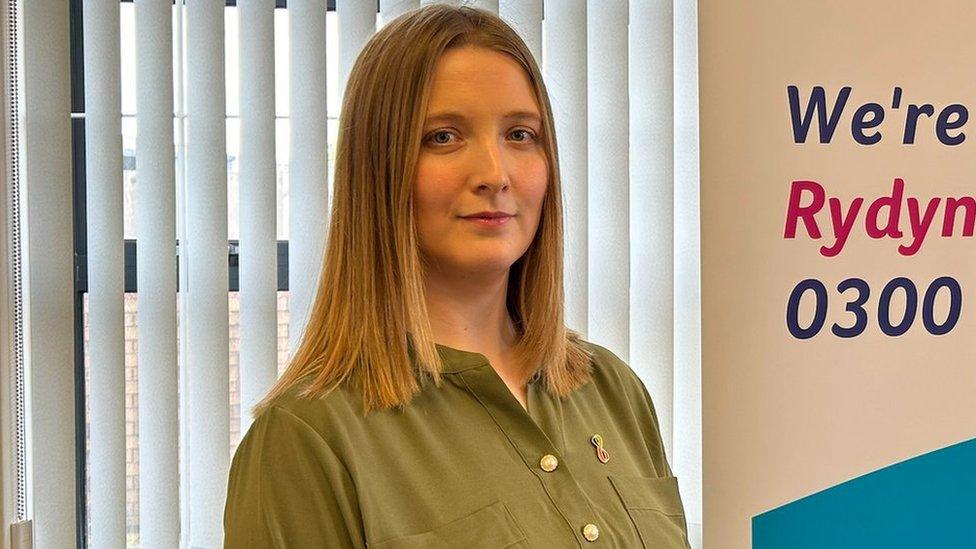
Age Cymru say access to public toilets is one of the biggest concerns of older people
Age Cymru charity warned people were having to make difficult decisions which may risk their health.
"Unfortunately some of the cases we have heard people have dehydrated themselves so they don't drink as much so they reduce their need for the toilet when they go out," said Rhian Morgan.
"Obviously that is a health issue. People use the toilets for a variety of reasons, so it's really important that there are public toilets available for people to use.
"We understand that council finances are right at the moment but these services are vitally important."
Mr Parsons said the lack of public toilets and people "not knowing where they are" was a problem.
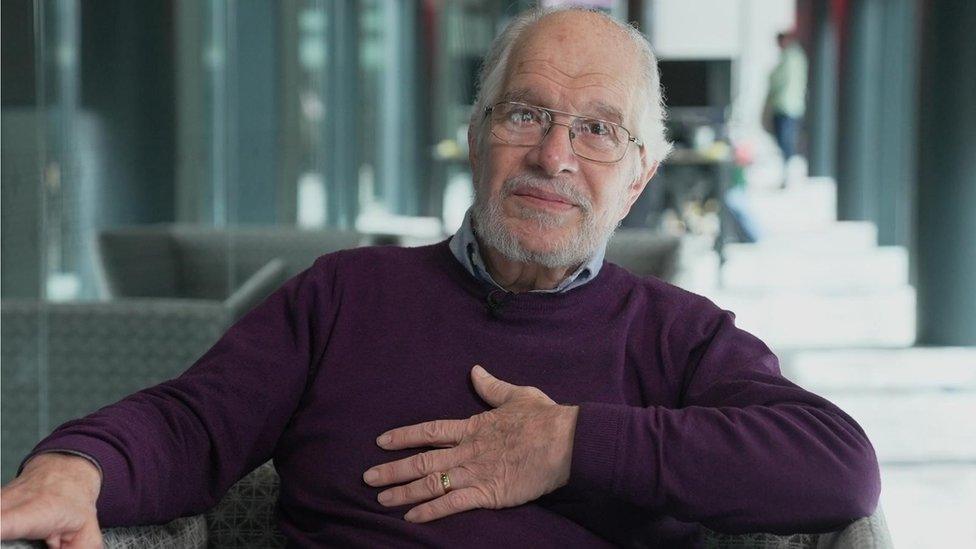
Gareth Parsons says a survey found some older people were dehydrating themselves before leaving the house
He said: "Every needs a toilet, everyone had the right to a toilet but there is no statutory obligation for councils to provide them.
"What we want is the Welsh government to put in something statutory to say local authorities and councils have to provide access to toilets."
The Welsh government said it recognised the challenges local authorities faced but it had introduced legislation to improve provision of and access to toilets for public use.
"We have issued comprehensive statutory guidance, which encourages them [local authorities] to make better use of existing toilet facilities in public and private sector buildings.
"It also highlights that accessible toilets are more important for people with conditions such as incontinence, urgency, and prostate problems."
- Published11 March 2024
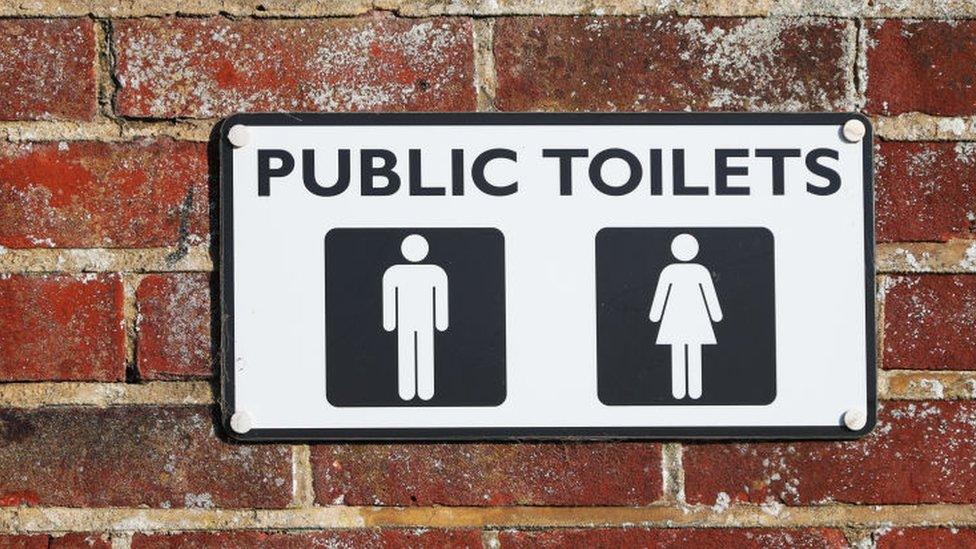
- Published9 April 2022

- Published18 January 2023
